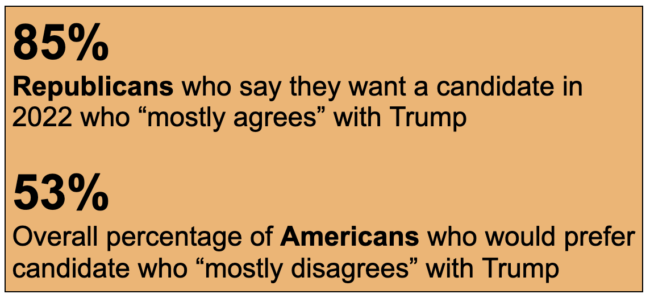
U.S. Senate
See Full Big Line
(D) J. Hickenlooper*
(R) Somebody
80%
20%

Governor
See Full Big Line
(D) Joe Neguse
(D) Phil Weiser
(D) Jena Griswold
60%
60%
40%↓

Att. General
See Full Big Line
(D) M. Dougherty
(D) Alexis King
(D) Brian Mason
40%
40%
30%

Sec. of State
See Full Big Line
(D) George Stern
(D) A. Gonzalez
(R) Sheri Davis
40%
40%
30%

State Treasurer
See Full Big Line
(D) Brianna Titone
(R) Kevin Grantham
(D) Jerry DiTullio
60%
30%
20%

CO-01 (Denver)
See Full Big Line
(D) Diana DeGette*
(R) Somebody
90%
2%

CO-02 (Boulder-ish)
See Full Big Line
(D) Joe Neguse*
(R) Somebody
90%
2%

CO-03 (West & Southern CO)
See Full Big Line
(R) Jeff Hurd*
(D) Somebody
80%
40%

CO-04 (Northeast-ish Colorado)
See Full Big Line
(R) Lauren Boebert*
(D) Somebody
90%
10%

CO-05 (Colorado Springs)
See Full Big Line
(R) Jeff Crank*
(D) Somebody
80%
20%

CO-06 (Aurora)
See Full Big Line
(D) Jason Crow*
(R) Somebody
90%
10%

CO-07 (Jefferson County)
See Full Big Line
(D) B. Pettersen*
(R) Somebody
90%
10%

CO-08 (Northern Colo.)
See Full Big Line
(R) Gabe Evans*
(D) Yadira Caraveo
(D) Joe Salazar
50%
40%
40%

State Senate Majority
See Full Big Line
DEMOCRATS
REPUBLICANS
80%
20%

State House Majority
See Full Big Line
DEMOCRATS
REPUBLICANS
95%
5%
 May 26, 2021 12:16 PM UTC
May 26, 2021 12:16 PM UTC 2 Comments
2 Comments New polling data released today by Quinnipiac University crystallizes the problem Republicans face in 2022 (and 2024). From a
New polling data released today by Quinnipiac University crystallizes the problem Republicans face in 2022 (and 2024). From a  These poll numbers are certainly good news for Donald Trump, but not so much for the Republican Party in general. Republicans overwhelmingly say they want to see a continuation of Trumpism in 2022, but the majority of everyone else is horrified at this thought. In short, this means that Republicans are more likely to nominate extremist candidates for office in 2022 who are not well-equipped to appeal to voters in a General Election.
These poll numbers are certainly good news for Donald Trump, but not so much for the Republican Party in general. Republicans overwhelmingly say they want to see a continuation of Trumpism in 2022, but the majority of everyone else is horrified at this thought. In short, this means that Republicans are more likely to nominate extremist candidates for office in 2022 who are not well-equipped to appeal to voters in a General Election.
And yet …. Republicans have FOR YEARS been able to elect candidates who do not reflect public opinion on abortion limitations, environmental positions, gun control, health insurance, taxes, and a host of other topics.
Martin Gilens and Benjamin I. Page, after studying "a unique data set that includes measures of the key variables for 1,779 policy issues," concluded:
Just like that party and the general in 2016.